Ôn luyện Từ vựng thi vào 10 số 34: Life on other planets (Set 1)
3/8/2024 6:00:00 AMHãy cùng học các từ vựng thuộc chủ điểm Life on other planets (Set 1) ngay nhé!
Nhấn ᐸ / ᐳ để chuyển sang từ khác và 🔊 để nghe phát âm.
Bạn nên đọc kĩ nghĩa, ví dụ và nghe phát âm của tất cả các từ vựng trước khi nhấn "Next" để chuyển sang luyện tập ở mức nhận biết.
Hãy cùng luyện tập các từ vựng bạn vừa học nhé!
(Nhấn "Next" để chuyển sang các bài tập tiếp theo.)
Drag and drop to complete the sentences.

1. The Milky Way is the where our solar system is located.
2. The scientist studied how heat affects the shape of a .
3. A does not carry astronauts but collects important scientific data.
4. Astronauts travel to space in a powered by strong engines.
Reorder the letters to complete the sentences.
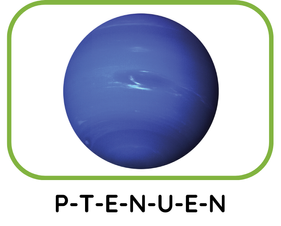 |
The blue color of comes from methane gas in its atmosphere. |
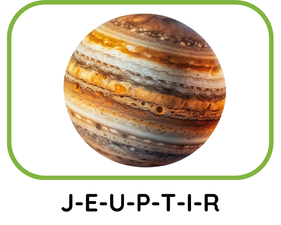 |
is the largest and oldest planet in our solar system. |
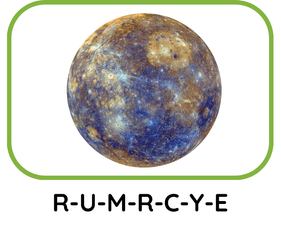 |
A year on is only 88 days long because it orbits the Sun very quickly. |
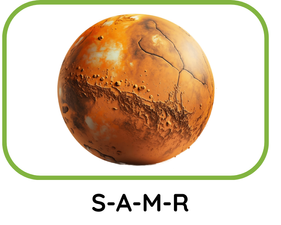 |
The red color of comes from iron oxide, which is similar to rust. |
Drag and drop to complete the sentences.
1. The atmosphere of contains methane, which gives it a blue-green color.
2. is often referred to as the "morning star" because it’s visible at dawn.
3. The consists of the Sun, eight planets, moons, asteroids, and comets.
4. is the sixth planet from the Sun and is known for its large rings.
The gas giants, like Jupiter and Saturn, are completely different _____ the rocky planets.
- from
- that
- across
- to
Without the right _____, water cannot remain in liquid form on a planet.
- telescope
- space probe
- interest
- condition
The cold _____ on Neptune makes it unlikely for any form of life to exist there.
- galaxy
- climate
- access
- boredom
A planet that _____ an ozone layer will not be protected from harmful UV radiation.
- plants
- develops
- lacks
- collects
Many gases _____ planets with thick atmospheres, like Saturn and Neptune.
- surround
- remove
- reduce
- absorb
The public _____ the possibility of landing on the moon before it actually happened.
- caused
- attracted
- doubted
- created
Satellites must follow a correct path to avoid _____ into other space objects.
- orbiting
- crashing
- protecting
- surrounding
Choose the word(s) CLOSEST in meaning to the underlined word(s).
The atmosphere of Venus is not similar to Earth’s because it is full of toxic gases.
- akin
- helpful
- awful
- special
Choose the word(s) CLOSEST in meaning to the underlined word(s).
Some scientists doubt that we will find life outside our solar system.
- recognize
- question
- announce
- detest
Choose the word(s) CLOSEST in meaning to the underlined word(s).
We can be certain that future space missions will uncover more about the possibility of life beyond Earth.
- aware
- wrong
- surprised
- sure
Choose the word(s) CLOSEST in meaning to the underlined word(s).
Mars has a thin atmosphere, so it cannot support human life without special equipment.
- air
- light
- solid
- orbit
Choose the word(s) OPPOSITE in meaning to the underlined word(s).
The four inner planets of the solar system are Mercury, Venus, Earth, and Mars.
- outdoor
- nearby
- wild
- outer
Choose the word(s) OPPOSITE in meaning to the underlined word(s).
The spacecraft landed despite experiencing a minor technical issue.
- took off
- got along
- turned up
- went down
Complete the sentence by changing the form of the word in capitals.
Jupiter is the largest planet in the system, while Mercury is the smallest. (SUN)
Complete the text, using the words given. You may need to change the form of the words.
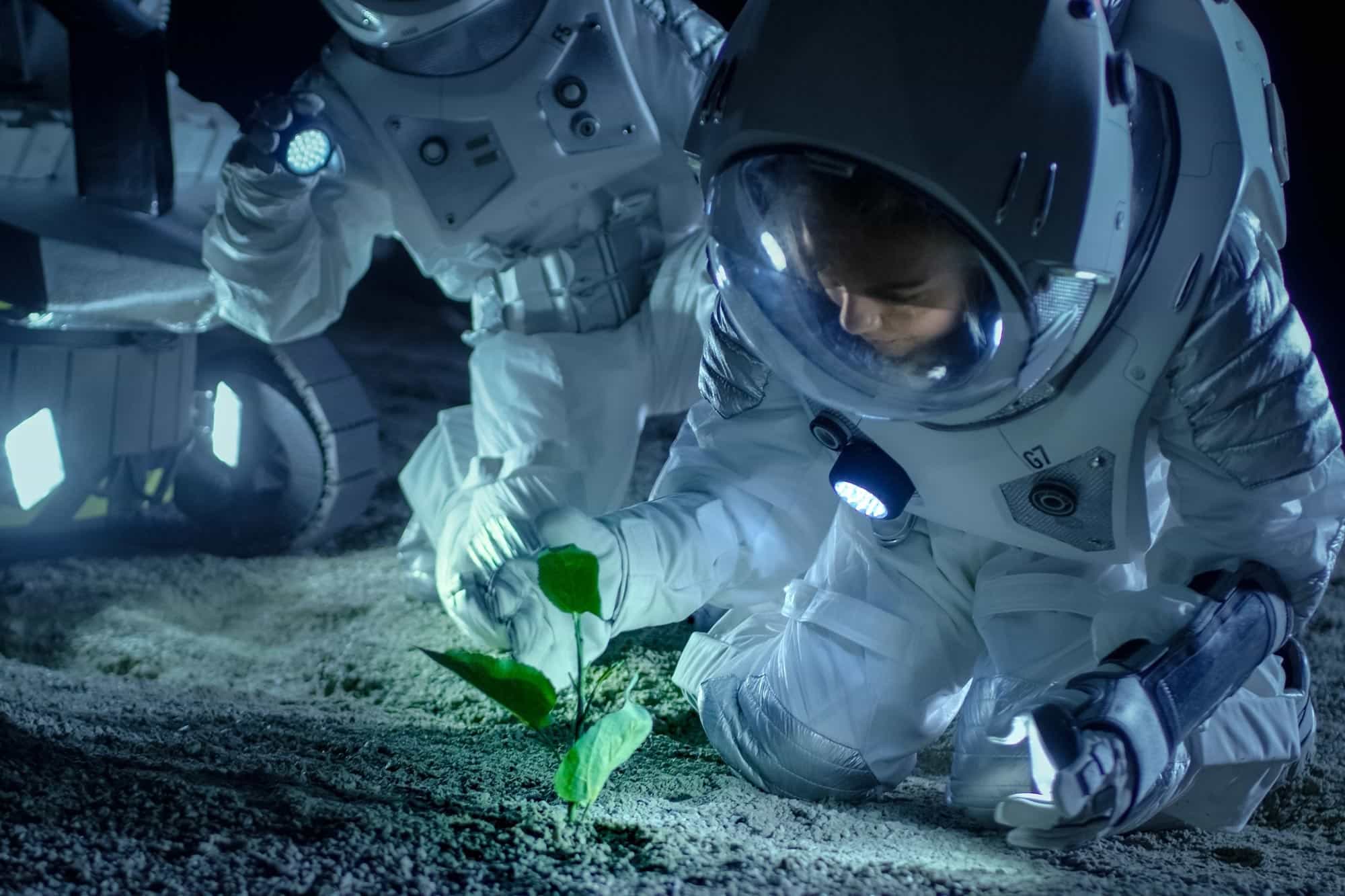
| different | land | lack | inner |
| condition | surround | crash | galaxy |
Scientists believe that life may exist on other planets in our , but the right are necessary. A planet’s climate must be stable, and it cannot essential elements like water and oxygen. Many exoplanets are from Earth, with extreme temperatures and toxic atmospheres. Some planets in other solar systems may have rocky surfaces where spacecraft could safely. However, dangerous asteroids could into them, which makes life difficult. Thick clouds of gas often gas giants, preventing humans from exploring their surfaces. Finding a habitable planet remains a challenge, but scientists continue searching for new possibilities.